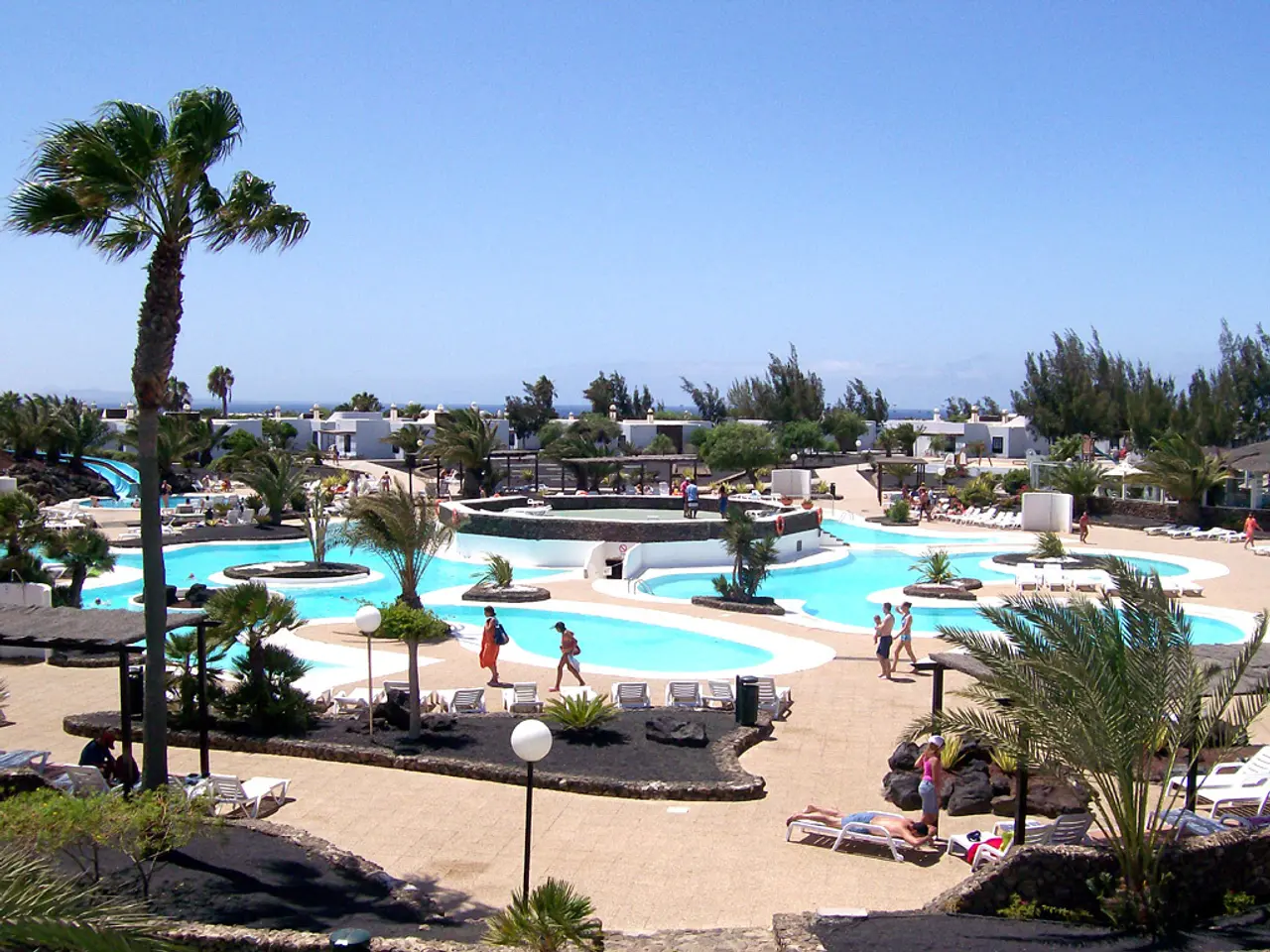Mallorca, Spain
Mallorca, one of the Balearic Islands, is making significant strides in sustainable tourism and development. Years of investment have led to a balanced approach that prioritizes environmental protection, local community interests, and the island's diverse tourism offerings.
The results of these efforts are satisfactory, with eco-friendly travel experiences becoming more prevalent. Energy-efficient shared transport options, beach cleanups, and support for nature conservation foundations are just a few examples of the initiatives aimed at preserving the island's natural beauty while providing unique visitor experiences.
The southern coastal villages of Mallorca, with their aesthetic appeal, are, however, being encroached upon by mass tourism development. Efforts have been made to soften the utilitarian look of some resorts, but the catastrophic scale of beach-oriented tourism infrastructure is hard to ignore.
Fortunately, the rural charm and natural allure of much of Mallorca have been preserved and conserved. The north coastline, for instance, features beautiful, unspoiled shoreline, while the island's interior boasts lovingly restored farmhouses for bed and breakfast, inns, or vacation rentals.
Mallorca benefits from Spain’s overall positioning as a top sustainable travel destination in Europe. The Balearic Islands, including Mallorca, are known to enforce strict regulations to prioritize sustainability, reflecting official policies aiming to manage tourism carefully and protect ecosystems.
In Palma, the capital of Mallorca, there is a specific vision for sustainable development that promotes greener, more inclusive, and resilient urban tourism. This vision aims to harmonize tourism with local life to foster economic prosperity and social cohesion while reducing environmental impacts.
Overall, Mallorca's sustainable tourism state in 2025 is characterized by active eco-conscious operators fostering low-impact tourism experiences, strict regional regulations controlling tourism growth and its environmental footprint, and the integration of rural and coastal natural attractions with sustainable management. This approach attempts to mitigate the challenges of mass tourism infrastructure by embedding sustainability at multiple levels of the tourism sector.
For more information about Mallorca and its destinations, you can visit the website Expeditions.
- Eco-conscious operators in Mallorca, in alignment with the island's commitment to sustainability, are fostering low-impact tourism experiences.
- The home-and-garden sector in Mallorca, particularly the lovingly restored farmhouses on the island's interior, is playing a significant role in promoting sustainable tourism.
- In the future, Mallorca's travel industry will integrate rural and coastal natural attractions with sustainable management to create unique, eco-friendly travel experiences for visitors.




